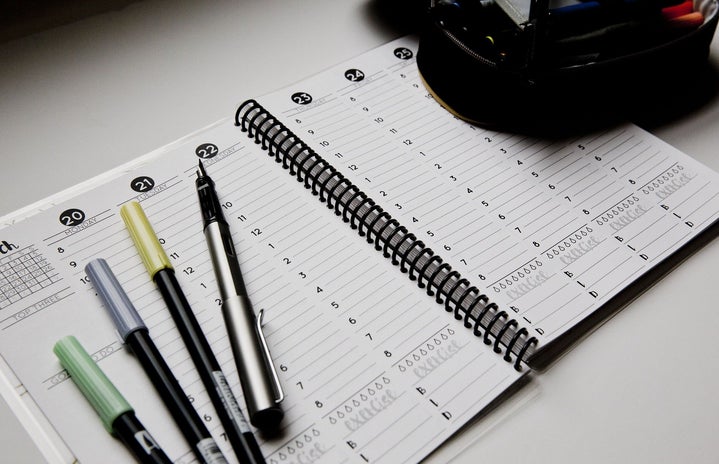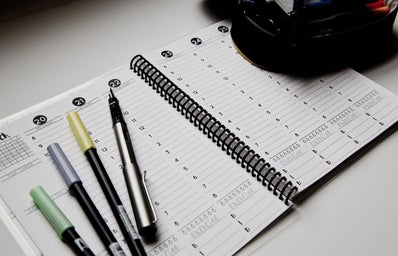Well, guys, it’s time to get back to the nitty-gritty. The break was long and much needed, but now it’s over and the stress of deadlines, due dates and drama is back. Yes, it may be just the start of the semester, but that won’t stop anyone from looking at their already filled planner and wanting to cry.
As the library fills up and tutoring becomes imminent, one big thing that college students seem to forget is that it’s important to balance studying and breaks. According to psychologytoday.com there may not be a best ‘interval’ to study at, but it is incredibly important to take breaks while studying so you don’t overwhelm your brain. Pushing yourself too hard can make you feel frustrated and discouraged, and from personal experience, it makes continuing to study exponentially harder. Taking a break to have fun, or even to wallow about how much more you have to do is important to making sure you have enough time to complete your study goals.
The beginning of a semester is prime time for developing new habits. Studying for forty minutes with a ten to fifteen minute break in-between is an easy-to-follow guide, but find a flow that works for you. Keep in mind that using social media or playing games during these breaks can be a bad idea. I have a bad habit of getting sucked into Facebook and losing the rest of my study time to BuzzFeed quizzes and cat videos. Electronics should be stored away while studying to avoid this, and, as tempting as they may be, try to not get absorbed in them during breaks.
If the 40-on/10-off doesn’t work for you, try spreading out your study time into more frequent, shorter intervals. Also, don’t be afraid to re-study things after a break to see how well you remember the subject. Long-term knowledge retention is boosted by having to go back and retrieve the information several times over instead of just scanning it once then moving on.
Cramming, although seemingly unavoidable, is equally bad. Distracted studying and cramming both have low knowledge retention rates, but spreading out study time into condensed intervals helps you get through studying and also helps you retain what you studied.
The hardest part of studying is getting started and developing good studying habits. Once those are out of the way, the world (or at least your textbook) is your oyster. Happy studying, collegiettes!

